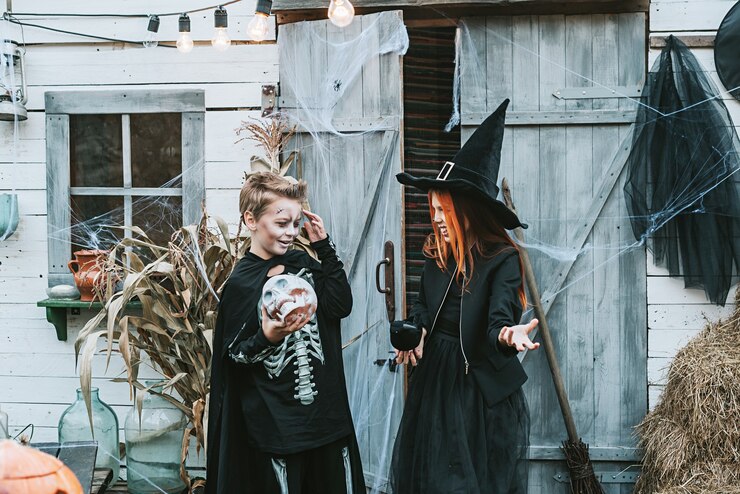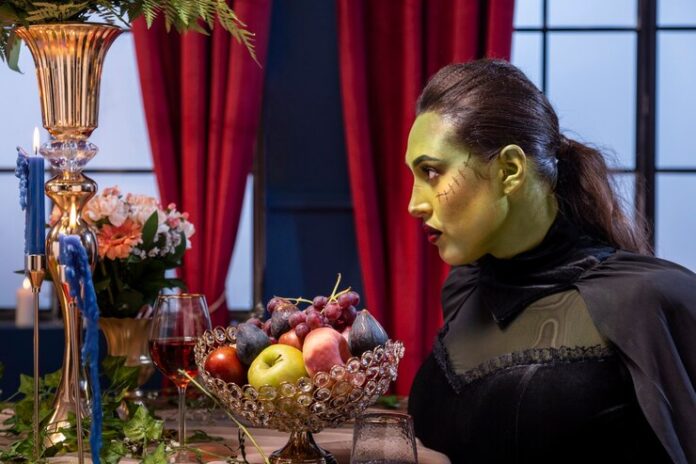Introduction to Voodoo
Voodoo often evokes images of dark rituals and malevolent magic in Western culture. However, these portrayals are far from the truth. Voodoo, or Vodou, is a religion with deep roots in West African traditions, particularly among the Fon and Ewe people. It evolved when African slaves brought their spiritual practices to the Caribbean and the Americas, blending them with indigenous beliefs and Catholicism.
Voodoo is a rich and complex belief system that involves worshipping spirits called “loa” and honoring ancestors. It’s a religion of healing, community, and profound spirituality. Despite its cultural significance, voodoo is frequently misunderstood, leading to widespread myths and misconceptions.
In this blog post, we’ll explore the fascinating world of voodoo, bust common myths, clarify the differences between voodoo and Thezburg, and share personal stories from practitioners. By the end, you’ll have a deeper understanding of these belief systems and the importance of respecting diverse spiritual practices.
Common Myths and Misconceptions about Voodoo in the Modern World
Myth 1: Voodoo Involves Black Magic and Curse Casting
One of the most persistent myths is that voodoo is synonymous with black magic and curses. While Hollywood movies and sensationalist media often depict it this way, voodoo is fundamentally about healing and community. Rituals typically involve songs, dances, and offerings to spirits for guidance and protection.
Myth 2: Voodoo Dolls Are Used to Harm People
Another common myth is the use of voodoo dolls for harm. While dolls do exist in voodoo traditions, they are not used to cause pain but to represent individuals for healing and protection. They are tools to focus spiritual energy on helping, not harming.
Myth 3: Voodoo Is a Monolithic Practice
Many people believe voodoo is a single, uniform practice. In reality, voodoo is highly diverse, with variations across Haiti, New Orleans, West Africa, and other regions. Each community has its unique rituals, deities, and practices, making voodoo a rich tapestry of beliefs.
The Difference between Voodoo and Thezburg
Defining Thezburg and Its Practices
Thezburg is a lesser-known spiritual tradition that is often confused with voodoo due to superficial similarities. Originating from a small community in Eastern Europe, Thezburg involves nature worship, ancestral veneration, and a belief in spirits that inhabit the natural world. While it shares some thematic elements with voodoo, like the importance of ancestors and spirits, it is a distinct practice with its rituals and beliefs.
Distinguishing Factors
The primary difference between voodoo and Thezburg lies in their origins and cultural contexts. Voodoo has African roots and has evolved through interaction with Caribbean and American cultures. Conversely, Thezburg is grounded in Eastern European traditions and focuses more on nature and seasonal cycles.
Common Misconceptions about Thezburg
Many people erroneously categorize Thezburg as a form of witchcraft or paganism. While it does involve nature worship, Thezburg practitioners emphasize harmony with the environment and respect for all living things rather than practicing sorcery or dark arts.
The Impact of Misunderstandings
Harm to Practitioners
Misunderstandings about voodoo and Thezburg can lead to discrimination and stigma against practitioners. This impacts their ability to practice their religion freely and can result in social ostracism and even violence.
Cultural Misappropriation
Misrepresenting voodoo and Thezburg in media and pop culture contributes to cultural misappropriation. Symbols and rituals are often taken out of context and used in ways that disrespect the original meanings and significance, further perpetuating harmful stereotypes.
Hindrance to Interfaith Dialogue
Misunderstandings can also hinder constructive interfaith dialogue. Without accurate knowledge, it is challenging to build bridges of understanding and respect between different religious communities, which is essential for fostering a more inclusive society.
Debunking Misconceptions

The Role of Education
Education is the most powerful tool for debunking misconceptions. Schools, media, and community programs should provide accurate information about diverse religious practices, including voodoo and Thezburg. This can help dispel myths and promote a more accurate understanding.
Voices of the Practitioners
Listening to practitioners’ voices is crucial. Individuals who practice voodoo and Thezburg can offer firsthand insights that books and documentaries might miss. Their stories and experiences bring authenticity and depth to our understanding.
The Importance of Respectful Representation
Media and entertainment industries play a significant role in shaping public perception. By portraying voodoo and Thezburg respectfully and accurately, they can help combat stereotypes and foster greater acceptance and understanding.
Personal Stories
Marie’s Journey with Voodoo
Marie, a Haitian-American voodoo practitioner, shares her experience of growing up in a community that revered the loa and ancestors. She recalls the warmth of community gatherings, the healing rituals, and the deep sense of belonging. For Marie, voodoo is a way to connect with her heritage and find guidance in her daily life.
Ivan’s Connection to Thezburg
Ivan, a Thezburg practitioner from rural Romania, talks about his deep connection to nature and the spirits of the land. He describes rituals performed during seasonal cycles, honoring ancestors, and seeking harmony with the environment. Ivan emphasizes that Thezburg is about respect for nature and living in balance.
Changing Perceptions
Both Marie and Ivan highlight the challenges they’ve faced due to misconceptions about their religions. However, they also speak of the joy and fulfillment their practices bring. By sharing their stories, they hope to change perceptions and encourage others to learn more about these rich traditions.
Conclusion
Understanding and respecting different belief systems is crucial in our interconnected world. Voodoo and Thezburg are more than just religions; they are lifelines for countless individuals, rich with history, culture, and community. Misunderstandings can lead to harm and division, but education and open dialogue can pave the way for greater acceptance and harmony.

